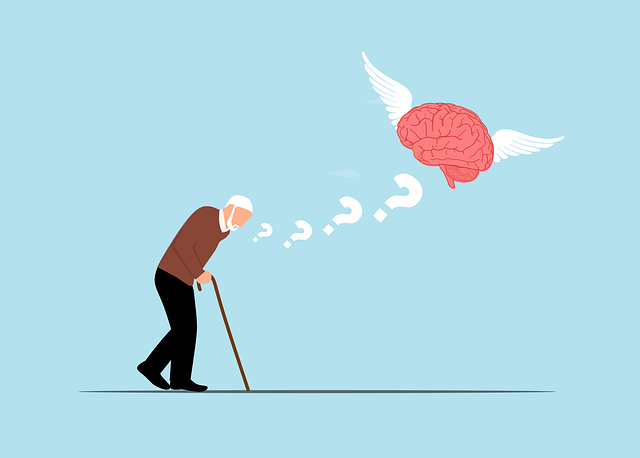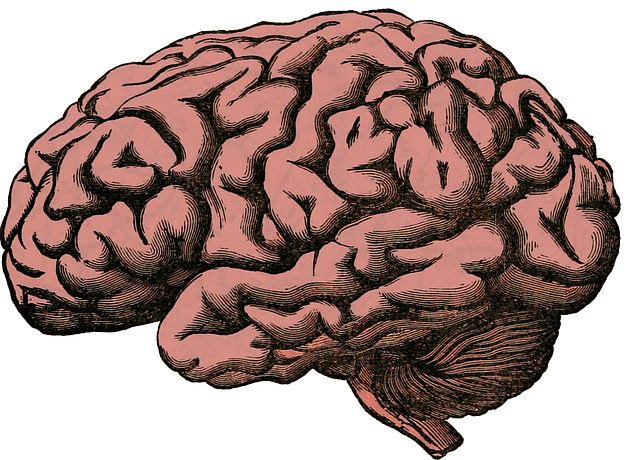Broomfield American Sign Language (ASL) Therapy offers a holistic and unique approach to improving mental well-being for individuals with anxiety, depression, or autism spectrum disorder. By combining ASL instruction with conflict resolution techniques and stress management strategies, this program empowers clients to confidently navigate social interactions, reduce isolation, and improve their overall mental health and quality of life. The comprehensive curriculum focuses on practical tools for effective communication, emotional regulation, and crisis intervention, fostering more fulfilling social connections in daily life.
Social skills training is a powerful tool for managing mental health conditions, offering a unique approach to enhancing communication and interpersonal interactions. This article explores the vital connection between social abilities and mental well-being, with a specific focus on how Broomfield American Sign Language Therapy (ASL) contributes to this process. We’ll uncover key components of effective programs, providing insights into successful strategies for improving social interaction post-training.
- Understanding the Link Between Social Skills and Mental Health
- The Role of Broomfield American Sign Language Therapy (ASL) in Training
- Key Components of Effective Social Skills Training Programs
- Implementing and Maintaining Improved Social Interaction Post-Training
Understanding the Link Between Social Skills and Mental Health

Social skills play a pivotal role in an individual’s mental well-being. Many mental health conditions can isolate individuals, leading to feelings of loneliness and detachment from society. By improving social skills, individuals with anxiety disorders, depression, or even autism spectrum disorder can learn to navigate relationships more effectively. This fosters a sense of connection, which is essential for maintaining good mental health.
At Broomfield American Sign Language Therapy, we recognize that teaching conflict resolution techniques and stress management strategies alongside sign language can empower individuals to build inner strength. These skills enable them to communicate assertively, manage social interactions, and cope with stressful situations more effectively. Ultimately, our goal is to help clients thrive in social settings, promoting a healthier mental state and improved quality of life.
The Role of Broomfield American Sign Language Therapy (ASL) in Training

Broomfield American Sign Language (ASL) Therapy plays a pivotal role in enhancing social skills for individuals managing mental health conditions. This specialized approach leverages ASL, a visual-manual language, to facilitate communication and emotional healing processes, which can be particularly beneficial for those who find verbal expression challenging. By incorporating non-verbal cues and gestures, Broomfield ASL Therapy enables participants to express themselves more freely, improving their ability to connect with others in social settings.
Beyond its direct impact on communication, this unique therapy contributes to the development of Mental Wellness Coaching Programs by equipping individuals with alternative methods for conveying thoughts and feelings. Moreover, it inspires the production of engaging Mental Wellness Podcast Series, where stories and strategies can be shared, amplifying awareness and support within the community.
Key Components of Effective Social Skills Training Programs

Effective social skills training programs for mental health conditions are multifaceted and tailored to individual needs. At Broomfield American Sign Language Therapy, for instance, we focus on several key components to ensure optimal results. One crucial aspect is public awareness campaigns development, which educates both individuals with mental health conditions and the general public about the importance of social interaction and communication strategies. This fosters a more inclusive environment, reducing stigma and promoting understanding.
Additionally, compassion cultivation practices are integrated into our training. These exercises encourage empathy, self-awareness, and emotional regulation, enabling participants to better navigate social situations. We also emphasize mental wellness journaling exercise guidance, where individuals can reflect on their experiences, track progress, and identify areas for further development. This introspective practice supports long-term mental health management and enhances the effectiveness of overall training.
Implementing and Maintaining Improved Social Interaction Post-Training

After completing social skills training, maintaining improved interaction becomes a key focus for individuals with mental health conditions. The Broomfield American Sign Language Therapy (ASL) program emphasizes practical strategies for real-world application, empowering clients to navigate social environments confidently. Crisis Intervention Guidance is integrated into the curriculum, teaching participants how to handle potentially stressful or overwhelming situations effectively.
Effective communication is at the heart of successful social interaction. The training introduces a range of Communication Strategies designed to enhance clarity and reduce misunderstandings. Furthermore, boosting confidence is a significant aspect of post-training support, as it encourages individuals to initiate and sustain meaningful conversations. Through ongoing practice and reinforcement, these skills become second nature, leading to more fulfilling social connections in their daily lives.
Social skills training, especially through innovative programs like Broomfield American Sign Language Therapy (BASL), plays a pivotal role in enhancing mental health outcomes. By focusing on key components such as communication, empathy, and social cues, these programs equip individuals with the tools to navigate social interactions more effectively. Post-training, consistent practice and support are crucial for maintaining improved social interaction, fostering better relationships, and ultimately contributing to improved mental well-being.














